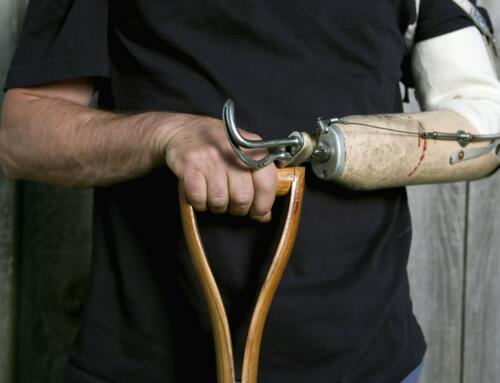One of the best pieces of advice I give my clients is simple…keep a diary. Whether it’s a car accident or a work injury, a diary is an elementary, yet effective tool in managing or litigating a case.
Perhaps you suffered a car accident or got hurt on the job. You may remember the details of the accident, but will you remember the little things that resulted weeks after the accident occurred? How did you manage day-to-day chores like vacuuming or holding your baby? Did you miss the local turkey trot at Thanksgiving or the traditional walk into the woods to cut down the Christmas tree?
A diary helps tell your story and provides powerful anecdotal evidence. Recording how the pain affects your work and life helps creates empathy when explaining your trauma.
Since pain changes as you recover, writing down the degree of pain and descriptions of symptoms will remind you later when we retell the path of your recovery to the insurance company or even a jury.
Chronicling the path of your recovery and the toll it takes, helps build your case and can increase the settlement or solidify a positive verdict in court. It’s not enough to say you have a broken arm. The story explains how the broken arm affected your life. Sometimes the hardship is obvious, but the little things are best remembered if they are written down.
What to Write In The Diary
- Daily pain level on a scale of 1 to 10
- Daily or weekly description of pain
- Medications and its side effects and effect on the pain
- Medical procedures
- Changes in symptoms
- Examples of how the pain and discomfort affects life activities
- The effect of the injury on mental health and relationships
Six months down the road during a trial or explaining your case to an insurance company, you’ll be happy you have a diary to help explain your hardship.







